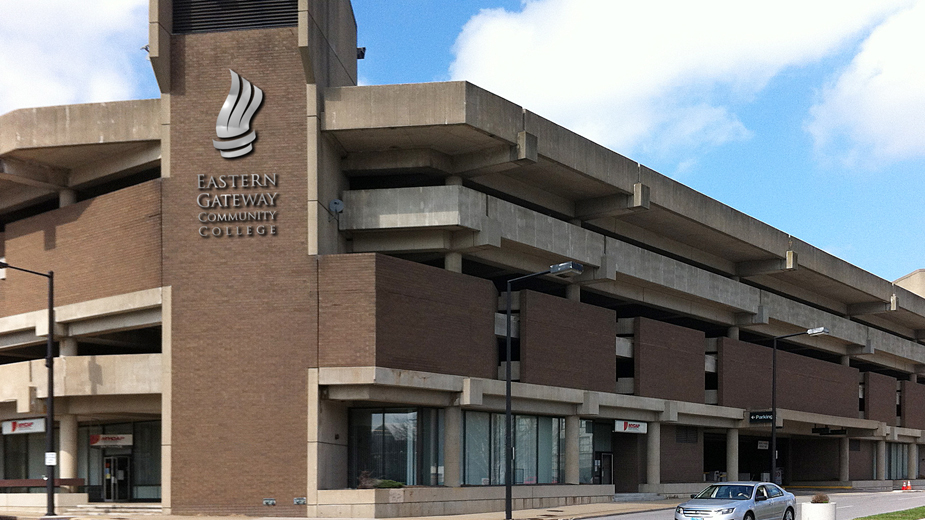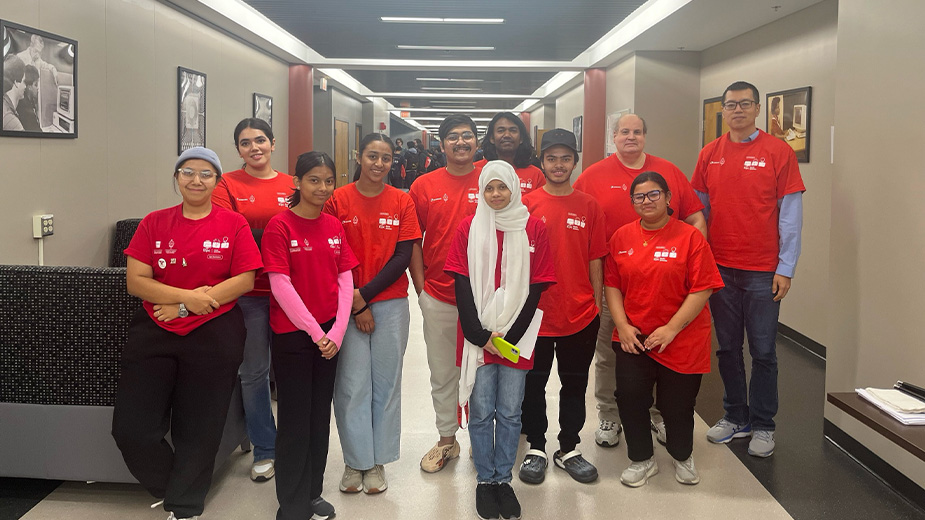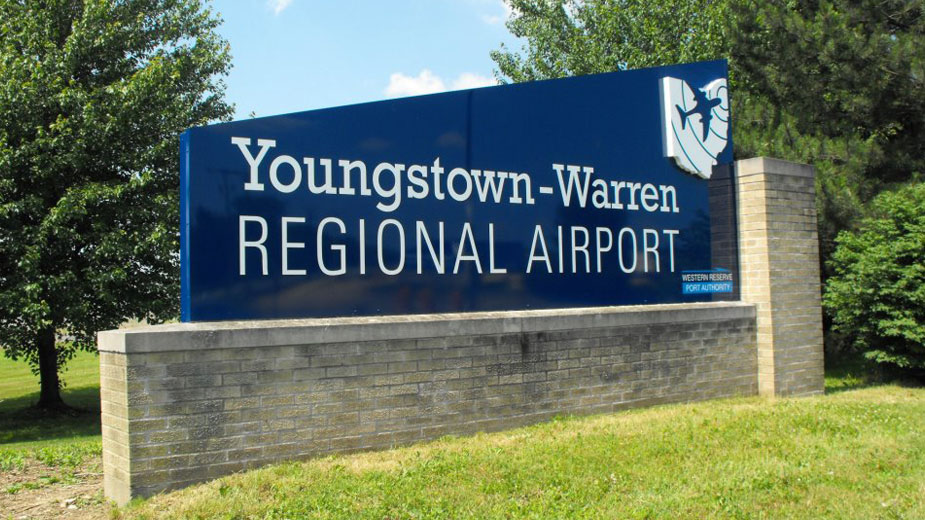Business Values Giving Interns More Responsibility
YOUNGSTOWN, Ohio — For student interns, gone are the days of fetching coffee, making copies, filing and filling their day with busy work for free. Not only are companies expected to pay interns decent wages but also to provide valuable experience, expanding on what students learn in their classrooms.
A 2013 survey by the National Association of Colleges and Employers reports that most of an intern’s time was spent on analytical and problem-solving tasks – 35.9% – and project management – 22%. Just less than 2% of an intern’s time was spent doing nonessential functions, which includes the tropes of fetching coffee and making copies.
“They’re getting actual work out of the students and they [students] are bringing value to the organization. It’s expected that students will make at least $10 per hour,” says Jennifer Johnson, director of career services at Youngstown State University. “From what I see out there, $10 to $15 is reasonable for what you get out of a student intern.”
In the Williamson College of Business Administration, interns earn as much as $22 per hour, according to Christina Costello, associate coordinator of the college’s office of professional practice, with the typical internship paying between $12 and $16 per hour. The business college requires an internship be paid for the student to receive academic credit. In exchange for those wages and academic credit, students learn and provide services of value to their host companies, Costello notes.
“Employers get a fresh perspective. A marketing firm, for example, may bring on an intern who has new ideas and new ways to look at products,” she says. “[Employers] want someone who is well-trained and ready-to-go. They’re looking for someone with the characteristics of a full-time employee.”
YSU’s College of Science, Technology, Engineering and Mathematics does not require host companies to pay student interns but nearly all employers do so anyway.
“It’s no different than having a job. During the summer, a student can get another job to help offset income while they’re in school,” says Sherri Hrusovski, coordinator of student professional services for the STEM college. “If they get an internship, where it’s related to their field, why not pay them to get the experience they need to be more marketable?”
To attract employers to YSU, the two colleges have partnered to apply for grants from the state – the Program for Internships and Co-ops in Advanced Manufacturing and Related Industries, or Picam, and the Department of Labor’s Ohio-Pennsylvania Interstate Region Manufacturing Internship Clearinghouse, Opmic for short.
Both reimburse employers for offering a wage of at least $10 per hour. The Picam grant reimburses 15% of wages as long as the intern works fewer than 40 hour per week. Opmic refunds 50% of wages up to 300 hours over the course of the internship.
Ashley Martof, an industrial engineering major and an intern at America Makes downtown, has been paid at all three of her internships, starting with a spot at Reznor in Mercer, Pa., during her sophomore year.
“Being paid is definitely an incentive. During college, you have to pay tuition and books and all these costs. Companies pay because they know we have those costs and we deserve to get paid for the work we do,” Martof says, noting that as she’s gotten more experience, the internships paid better.
At all of her internships – Martof also spent a summer at Altronic Inc. in Girard – she has done significant work, beginning with helping to redesign the factory floor at Reznor, she says, time she calls “an incredible experience.”
“I got to experience things that I had never considered. I got blamed for some production being behind by the production workers because not all of them liked the changes,” Martof says. “It made me learn just how important communication is through all levels.”
Near the end of her time at Altronic, she was hired by America Makes as a workforce and education outreach intern. There, she says, she helped the additive manufacturing hub define what jobs were required.
“I’ve wound up having to manage five different jobs and having to work through it and decide the priorities,” Martof says.
Hiring interns benefits employers, and occasionally industries as a whole, by providing students with a truer understanding of what a career or job field requires.
“They’re helping to shape the future workforce. They’re ensuring that whatever skills students get in academic programs are what’s needed and potentially adding skills that students will have to know for the workforce,” says YSU’s Johnson. “The workforce will then benefit from having trained, capable graduates.”
As with any job, though, sometimes things don’t work out. Maybe an intern and employer don’t quite get along. Or an intern’s job isn’t quite what he thought it would be. Working through that, Johnson says, is part of the experience that can benefit students.
“That’s what it’s like in the real world. Many times, things aren’t a good fit between an employer and an employee. It’s good for students to understand that as they go through their job search,” she says.
Should the worst case come to fruition, the STEM College’s Hrusovski says her office works with students to ensure they get the experience that’s all but required to get a job after graduation.
“We look at finding another opportunity for them at another company and complete enough hours for it to count as credit,” Hrusovski says. “We always try to find other solutions.”
While YSU doesn’t keep statistics on the frequency of internships resulting in job offers, Costello says that’s often the case. “We don’t promote internships as a way to lead to a full-time position, but a lot of our students that complete internships have either been offered jobs or have jobs waiting for them after they graduate.”
Since the Williamson College started its own career services office, Costello says there is a steady stream of calls from companies looking to offer internships.
The cause of that, Hrusovski believes, is the type of students that the university produces.
“One of the comments that we get often is that [employers] like – especially in the engineering area – that students are blue-collar engineers,” she says. “They’re not only academically strong, but also hands-on. They’re not afraid to get their hands dirty and do the work.”
Copyright 2024 The Business Journal, Youngstown, Ohio.



